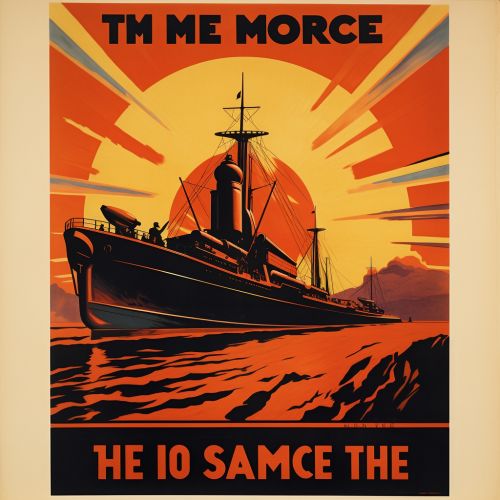Propaganda
Definition and Origins
Propaganda is a form of communication that is aimed at influencing the attitude of a community toward some cause or position. The term originated from the Congregatio de Propaganda Fide (Congregation for Propagating the Faith), a missionary organization established by the Pope in 1622. The term began to take on a negative connotation in the 20th century, when it became associated with manipulative and deceptive information disseminated by governments, particularly during times of war.
Types of Propaganda
There are several types of propaganda, each with its own strategies and techniques. These include white, black, and gray propaganda. White propaganda is generally characterized by its truthfulness and credibility, while black propaganda is characterized by its deceitfulness and lack of credibility. Gray propaganda falls somewhere in between, being neither completely truthful nor completely deceitful.


Techniques
Propaganda employs a variety of techniques to influence its audience. These include appeal to authority, bandwagon effect, cherry picking, disinformation, fearmongering, and loaded language. Each of these techniques serves to manipulate the audience's perceptions and emotions in order to sway their opinions and actions.
Propaganda in History
Propaganda has played a significant role in history, particularly during times of conflict and political upheaval. From the World War I and Nazi Germany's extensive use of propaganda, to the Cold War and the War on Terror, propaganda has been a powerful tool in shaping public opinion and mobilizing support for various causes.
Propaganda in Modern Times
In the digital age, propaganda has evolved and adapted to new mediums. The rise of social media and the internet has made it easier for propaganda to spread and reach a wider audience. This has led to the emergence of new forms of propaganda, such as fake news and internet trolling. These new forms of propaganda pose unique challenges, as they can be difficult to detect and counter.
Impact and Criticism
The impact of propaganda can be profound, influencing not only individual attitudes and behaviors, but also shaping societal norms and political landscapes. However, propaganda is often criticized for its manipulative nature and its potential to spread misinformation and incite fear or hatred. Critics argue that propaganda undermines democratic processes and can lead to societal division and conflict.
